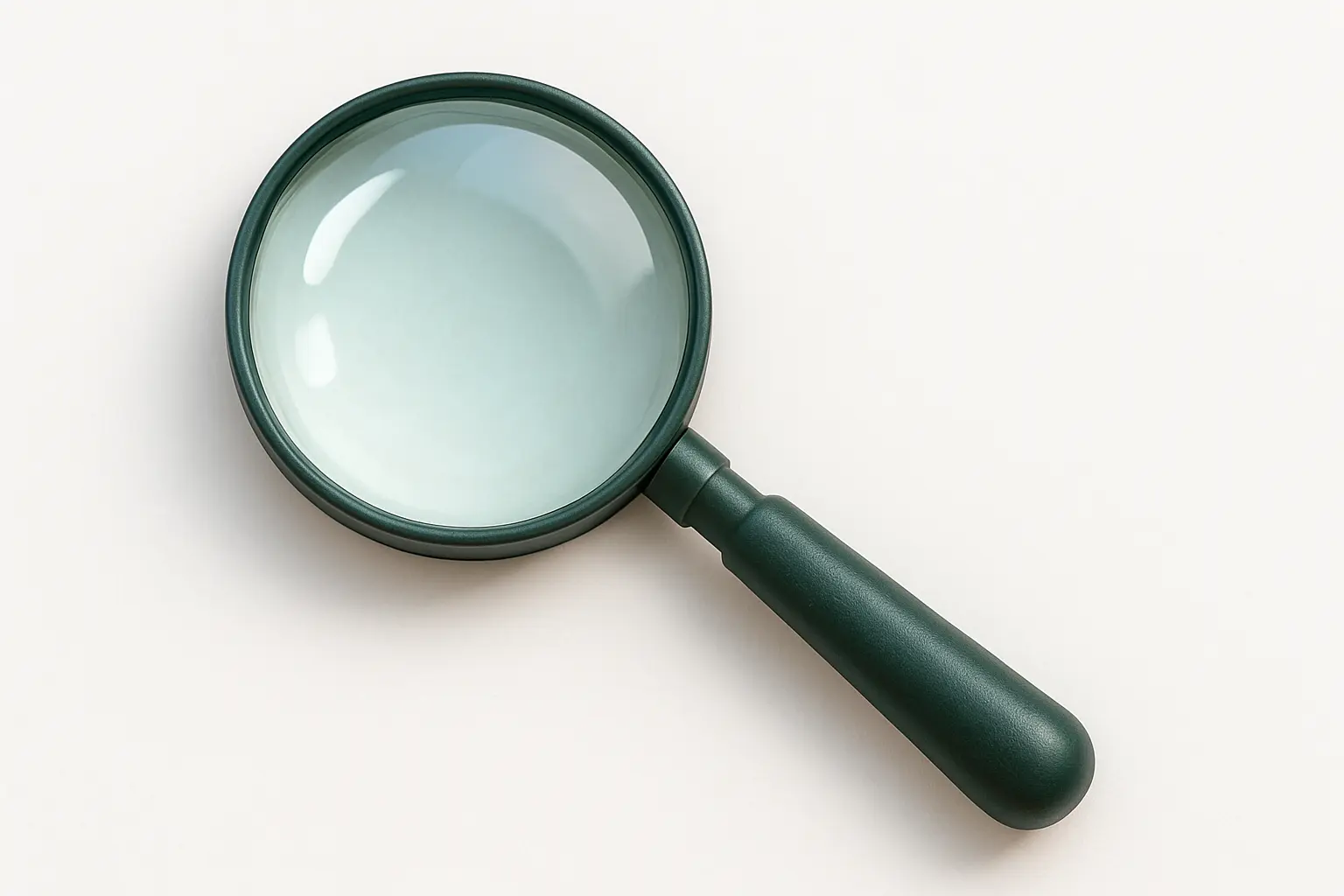What Is a Size Chart?
Author: Stylist and brand team at Tellar
Date: 2025
The Tellar Fashion Hub is the UK's Largest, 100% Free, Fully searchable, Fashion Library.
Filled with 4000+ Honest & Unbiased posts, written by our expert stylists.
No adverts, no sponsored posts, no subscriptions. We are 100% free to use.
We are paid by affiliates, but we never allow brands to influence our recommendations.
Honest, Unbiased, Accurate & Free.
What Is a Size Chart?
A size chart is a table provided by a clothing brand or retailer that shows the body measurements each clothing size is designed to fit. For example, it might say:
Size |
Bust (cm) |
Waist (cm) |
Hips (cm) |
|---|---|---|---|
8 |
84 |
66 |
90 |
10 |
88 |
70 |
94 |
12 |
92 |
74 |
98 |
✂️ Step-by-Step: How to Read a Size Chart
1. Know Your Own Measurements
Before using a size chart, you need to know:
-
Bust (fullest part)
-
Waist (narrowest part)
-
Hips (widest part)
Use a soft measuring tape and take measurements in either cm or inches. Write them down.
👉 Tip: Tellar.co.uk makes this step easy. Enter your measurements once and we’ll match them to 1,500+ brands instantly.
2. Find the Right Unit (cm or inches)
Size charts can be in centimetres or inches. Some have both — double check the units to avoid confusion. If the chart is in cm and your measurements are in inches (or vice versa), convert them before comparing.
3. Compare Each Measurement to the Chart
Don't go by one measurement alone. For example:
-
If your bust fits a size 10 but your waist fits a size 12, you may need a more relaxed fit or a stretchy material.
-
Choose the size that fits your largest measurement for best comfort.
4. Watch for Garment vs. Body Measurements
Some charts give body measurements (what size it’s designed to fit), while others show garment measurements (actual dimensions of the clothing).
-
Body measurement chart = measure yourself and compare directly.
-
Garment measurement chart = add some ease (room to move).
5. Check the Fit Type
Look for terms like:
-
Fitted / Slim fit → runs closer to the body
-
Relaxed / Oversized → more generous fit
-
True to size → matches standard chart
Read any sizing notes the brand gives — these can help you decide whether to size up or down.
🧵 Why It’s Still Hard: Every Brand Is Different
Even if two brands use the same size numbers, the actual fit can vary wildly. A UK 10 from Zara might feel tighter than a UK 10 from H&M.
That’s where Tellar.co.uk comes in — we standardise this process. Our system matches your actual body measurements to a database of 1,500+ brand-specific size charts. You’ll get the correct size recommendation in seconds, with no guessing.
🛍️ Example: Reading a Zara Size Chart
Let’s say your measurements are:
-
Bust: 90cm
-
Waist: 72cm
-
Hips: 97cm
Zara’s size chart might show:
Size |
Bust |
Waist |
Hips |
|---|---|---|---|
S |
86 |
66 |
92 |
M |
92 |
72 |
98 |
L |
98 |
78 |
104 |
You fit best in a Medium — because your measurements mostly fall into that row.
But instead of comparing manually, you can enter these into Tellar.co.uk and let the system show the right Zara size for you — instantly.
🚫 Common Mistakes to Avoid
-
Assuming all size 10s are the same – they’re not
-
Guessing your measurements – always measure accurately
-
Ignoring fabric stretch or fit style
-
Forgetting to check unit types (cm vs. inches)
✅ Final Tip: Use Tellar.co.uk Instead
Manually reading size charts is time-consuming and error-prone — and still doesn’t account for brand quirks. Instead:
Match your body to 1,500+ brand size charts automatically.
No more guessing. Always free to use.
📲 Follow Us for More Sizing Help
